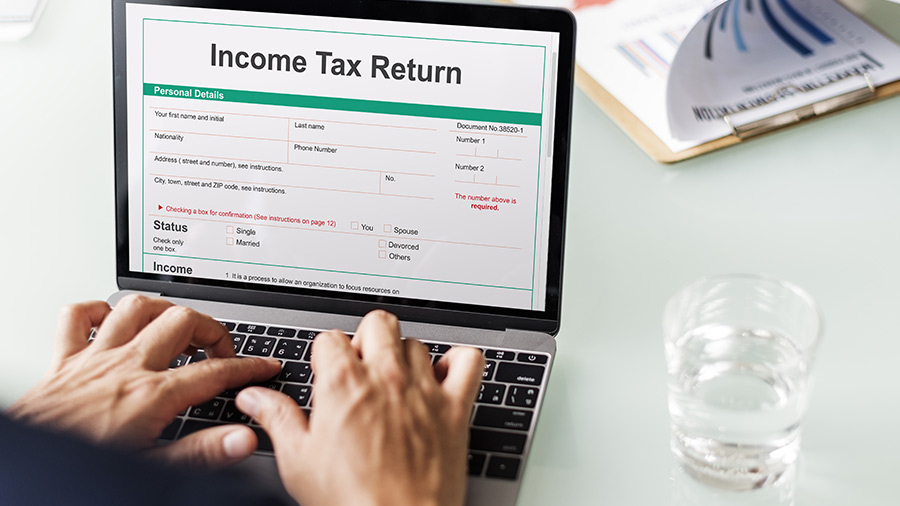In case you have begun to earn, you have to file ITR or Income Tax Returns. Receipts regarding your income tax returns are important documents that aid you while investing. These happen to be some benefits of filing ITR prior to the due date.
Avail tax refunds comfortably
Usually, the Income Tax Department owes refunds to people. If your refund is due, then you can only claim by filing an income tax return in a timely manner.
Issue credit cards devoid of any hiccups
Banks won’t give credit cards if you can’t furnish a copy of your latest ITR. In case you have filed your income tax return prior to the deadline, then the receipts serve the purpose of proof, which will make the bank grant your request for a credit card.
Losses are carried forward
In case you take your losses of one year to other years, you can then adjust the same against your income of those years. But, this is possible only if you have filed ITR prior to the expiry of deadline.
Loans are disbursed smoothly
Several banks seek income tax returns prior to granting any loan, especially home or vehicular loans. In case you have filed income tax return on time, then you should be having copies of the receipts to be furnished when the need arises. This expedites loan disbursal swiftly.
Address and income proof
Income tax return receipts can easily be your proof of address or your income, particularly if you happen to be self-employed or a freelancer. In case you have filed ITR on time, then you can use the copy as proof if the need arises.
Big-ticket Insurance can be availed
Several insurance companies want to see ITR receipts. Reason is to find out whether you are paying your taxes or not. In case you have filed income tax returns on time and provide evidence regarding the same, then you will be able to avail good insurance policies.
Penalties can be bypassed
You can be penalized by tax officials for not filing ITR on time. In several scenarios, you have to file income tax returns prior to the due date, and if you do not follow these rules, you might be handed a heavy fine. This can be a red mark on your track record and will severely dent your credibility.
Visa processing becomes convenient
While applying for a Visa, the majority of embassies or consulates seek your income tax returns belonging to the last two years. In case you file ITR on time, then you can easily provide documents proving the same, and this helps you in obtaining a visa with ease.
Avoid paying extra amount
In case you don’t file ITR on time, then additional interest will be levied to the tax amount. Hence, you will have to pay an additional amount. That is why it is essential to pay the taxes before the expiry of the deadline.
Conclusion
So, filing the income tax returns is a must as it has several benefits and not filing the same can land you in several problems. The above-mentioned points make it amply clear the benefits of filing ITR on time. Therefore, pay your taxes on time and avoid some severe headaches.










